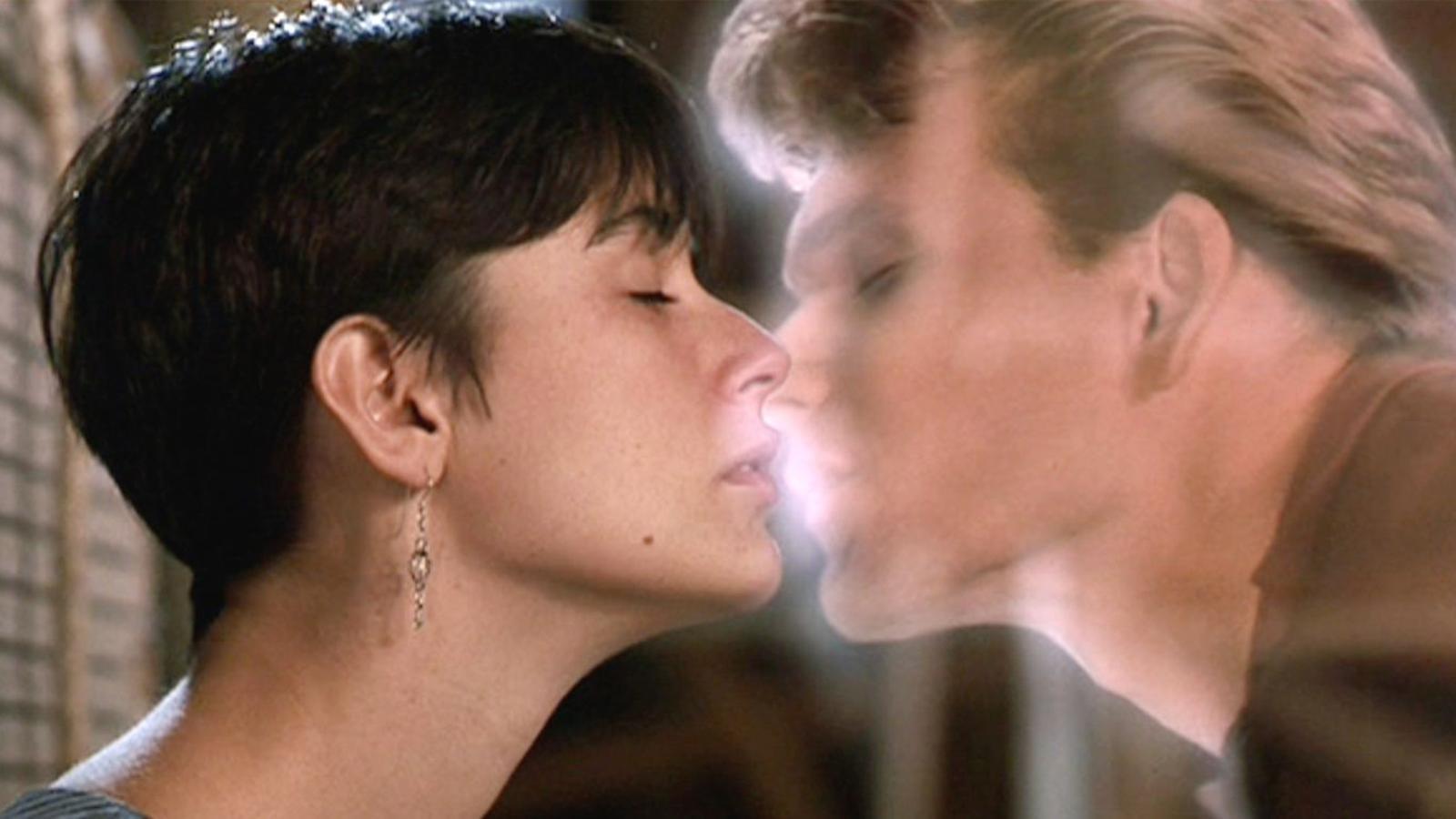A Cambridge researcher claims we can now talk to the deceased.


BarcelonaA woman named Katarzyna Basinska, a researcher at the University of Cambridge in England, one day, having no idea what to do, invented a computer procedure that, she claims, will allow us to speak with the deceased. It's yet another symptom of the discrediting of religions and the long-ago diagnosed "death of God." Or a blasphemous impersonation. Or a complete nonsense.
Unless proven otherwise, when one dies, one disappears forever from secular existence. For believers, the souls of the dead—the question of the survival of the body is barely under discussion—pass into an afterlife, where they survive in their own way: this is a matter of faith (Plato believed; Aristotle, sometimes he did, but generally not; and we are still here).
But one thing that has proven impossible is for the deceased to speak, because to do so, they would have to come back to life and possess the same larynx they had in life. The researcher, who has read many spiritualist novels about deceased beings visiting Earth in corporeal form, is convinced that thanks to an algorithm, an avatar, a chatbot, or something similar—words that many people don't know what they mean—we will speak to our loved ones, and they won't stop.
In fact, for a mission like this we already had memory, our own, which is even capable of giving us memories of the wrinkles on our grandfather's face or the perfume our grandmother used. The entire work of Marcel Proust It revolves around this vivification of the past, and for that, not even photographs or home movies were needed: now they are shown in funeral homes, another example of the limited capacity that many people have to achieve with dignity that a being that was no longer is.
According to the researcher, the mobile phone will offer us "a different experience, in which goodbye will no longer be final." She adds: "It will be more of a 'see you later.' It will be a change of state: you will no longer be in the flesh, but you will be able to return, even become immortal." This is precisely what many religions postulate. The whole thing is frighteningly funny, not to mention an artifice that will not only go against the believed immortality of the soul, but against the most basic laws of nature; and, in particular, against the power that the death of others has to make people put some order and give meaning to their own lives.
He said Walter Benjamin That when a loved one dies, we continue speaking to them until the moment comes when they no longer understand us. It's logical: they "live" in eternity, using an unknown language, a language that not even the most sophisticated artificial intelligence can reproduce.
